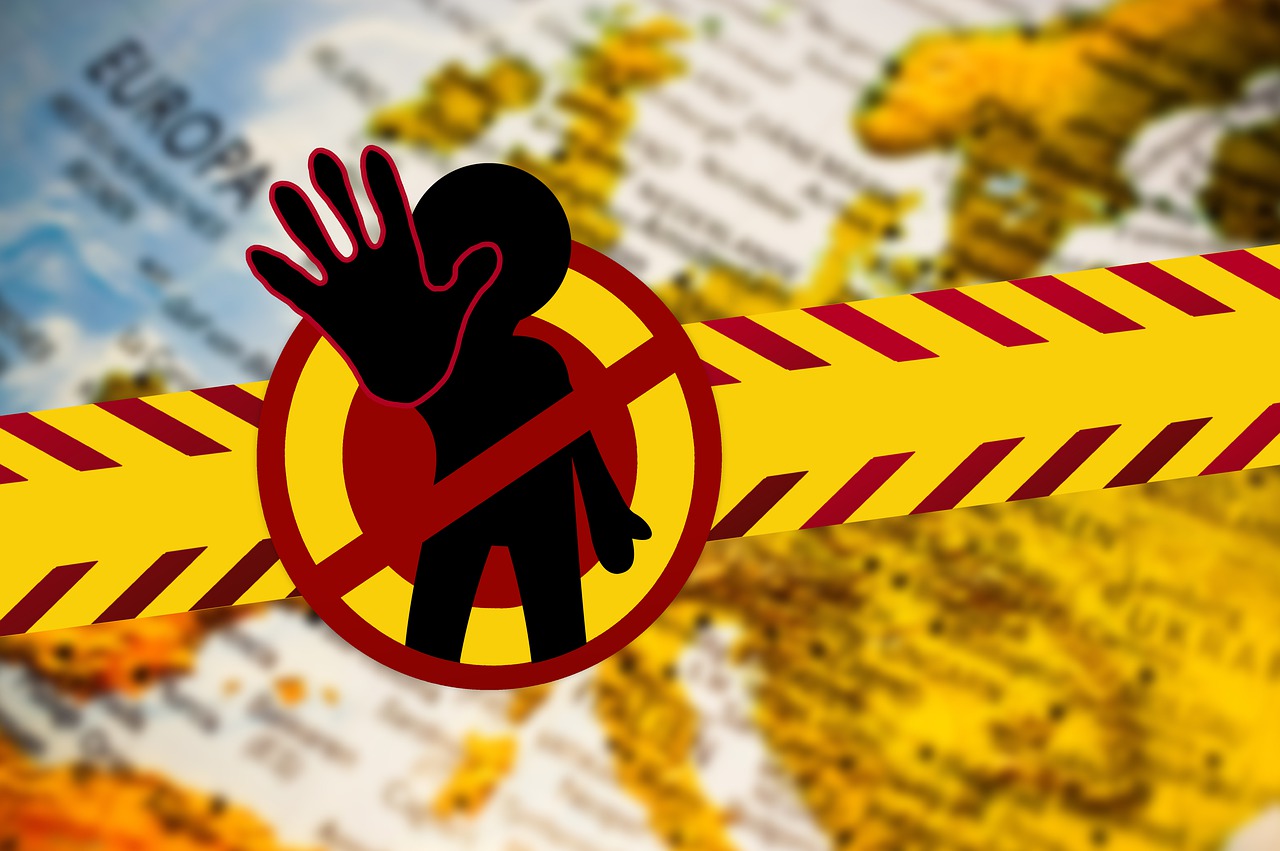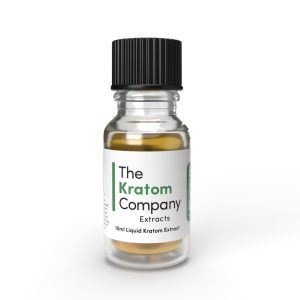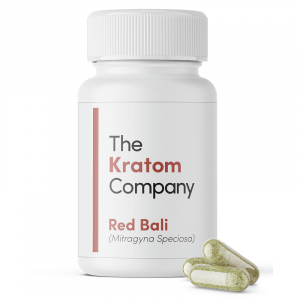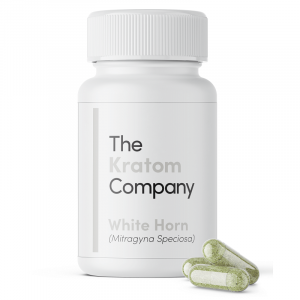Home » Is Kratom Legal? A Breakdown of Domestic & International Kratom Legality

Is Kratom Legal? A Breakdown of Domestic & International Kratom Legality
Is kratom legal? This simple question can have a thousand different answers depending on the country, the state, or even the city we’re talking about. Few products on the market have a more complicated legal status than kratom. For instance, even though kratom is still fairly new to the Western world and has been enjoyed in Southeast Asia for thousands of years, it’s now widely accessible in many parts of the West and heavily restricted in many of the Asian countries where it originated.
While we can’t possibly cover all of the legal nuances of kratom cultivation, manufacturing, and possession, we hope that this guide serves as a helpful primer on kratom legality in the U.S. and abroad. We’ve taken great care to highlight all of the major locations where kratom is restricted or illegal. If we’ve missed any, please let us know. We’ll continue to update this guide as new information becomes available.
Is Kratom Legal in the U.S.?
Kratom is legal everywhere in the U.S. except in a few states, counties, and cities that have imposed their own restrictions. The Food and Drug Administration has expressed concern about kratom and has cracked down on several kratom operations over the years. However, these crackdowns have largely involved adulterated and mislabeled kratom products. The federal government has taken no actions thus far to ban, restrict, or regulate kratom, simply noting that more research is still needed.
Kratom is currently illegal in the following six states:
It is also illegal in the following cities and counties:
- Alton, IL
- Columbus, MS
- Edwardsville, IL
- Jerseyville, IL
- Monument, CO
- Oceanside, CA
- Ontario, OR
- Parker, CO
- San Diego, CA
- Sarasota County, FL
- Union County, MS
- Washington DC
The specifics of kratom legality can vary even in places where kratom is widely available, so it’s important to research your local laws carefully before you buy kratom online. For instance, some states and counties impose minimum age restrictions, while other places—like Denver, Colorado—have very strict labeling requirements.
Is Kratom Legal Internationally? Kratom Legality by Country

Kratom is legal in many countries throughout the world, but some countries have imposed tight restrictions in recent years. That’s why it’s important to understand kratom legality by country if you plan to do any traveling.
The following countries have kratom bans or restrictions in place as of 2022:
- Argentina: Although most South American countries are kratom-friendly, kratom has been classified as a narcotic drug in Argentina since 2017 under Decree 69/2017.
- Australia: Kratom is classified as a schedule 9 narcotic substance in Australia. Kratom use and possession are permitted for clinical research purposes only.
- Denmark: Kratom has been banned in Denmark since 2008, when it was added to the country’s Executive Order on Narcotics.
- Finland: Kratom is listed on Finland’s Government Decree on Psychoactive Substances, which is similar to the U.S.’s Controlled Substances Act. Kratom use is currently only permitted for those with prescriptions.
- France: Kratom and its two primary alkaloids—mitragynine and 7-hydroxymitragynine—are identified on France’s list of psychotropic substances and have been banned since 2019.
- Germany: Kratom is identified as a controlled substance in Germany, as it is in many parts of the EU.
- Ireland: Kratom’s two primary alkaloids, mitragynine and 7-hydroxymitragynine, are classified as Schedule 1 controlled drugs.
- Indonesia: Indonesia is one of the world’s top kratom distributors, home to such iconic strains as Green Indo kratom and Red Bali kratom. However, local possession and distribution are heavily restricted.
- Israel: Mitragynine and 7-hydroxymitragynine are both identified as controlled substances in Israel, effectively making kratom illegal country-wide.
- Italy: Kratom has been banned in Italy since 2016, when the country’s minister of health identified it on the country’s list of narcotic and psychotropic substances.
- Latvia: Kratom appears on the country’s list of Regulations Regarding Narcotic Substances, Psychotropic Substances and Precursors.
- Norway: Kratom is classified as a controlled substance in Norway, just as it is throughout most of Scandinavia.
- Poland: Kratom has been banned as a controlled substance in Poland since 2009.
- Portugal: Although kratom possession isn’t expressly illegal under Portuguese law, kratom is classified as a psychoactive substance and is therefore illegal to distribute.
- Malaysia: Although some of the world’s best kratom is native to Malaysia, it is currently illegal to grow or manufacture kratom products.
- Singapore: Mitragynine and 7-hydroxymitragynine are listed in Singapore’s Misuse of Drugs Act as Schedule 1 controlled substances, effectively making kratom illegal.
- Sweden: Kratom is classified as a controlled substance in Sweden, just as it is throughout most of Scandinavia.
- Switzerland: Mitragynine and 7-hydroxymitragynine are listed as controlled substances in the country’s Narcotics Act.
- United Arab Emirates: Kratom is illegal throughout the UAE. The nation’s health authority has identified it as a designer drug and classified it alongside other controlled substances.
- United Kingdom: Kratom has been illegal to possess, consume, distribute, or manufacture in the UK since 2016.
Kratom is also illegal or heavily restricted in Belarus, Bulgaria, Croatia, Estonia, Lithuania, Luxembourg, Moldova, Myanmar, New Zealand, Romania, Slovenia, and Vietnam.
Recent Kratom Legality News Highlights
There have been some major developments in terms of kratom legality over the past year. The following are among the most noteworthy news highlights.
- Thailand Legalizes Kratom. Thailand’s Kratom Plant Act was made official in August of 2022. This is huge, as Thailand is home to some of the world’s top kratom strains, including Thai kratom and Maeng Da kratom. Under the terms of the Kratom Plant Act, kratom is legal to possess and distribute. However, there are still some nuanced restrictions related to the marketing and distribution of kratom products.
- WHO Votes Against an International Kratom Ban. In 2021, the United Nations World Health Organization conducted a thorough review of kratom and debated whether or not to recommend an international ban. In December, it was decided that the WHO would not recommend any specific restrictions, as there is insufficient evidence to suggest a public health concern. However, the door remains open for additional reviews in the future.
- Colorado Approves the Kratom Consumer Protection Act. Kratom is legal in Colorado (at least most of Colorado), but until recently it has been unregulated. In June of 2022, Colorado Gov. Jared Polis signed the Kratom Consumer Protection Act (KCPA) into law, making Colorado the fifth state to officially adopt the act. Kratom products in Colorado are now subject to government oversight and quality control, helping to ensure a safer kratom marketplace for everyone in the Centennial State.
Thanks for reading. Stay tuned for more on kratom legality and more international kratom news. Information is power.
Kratom does not cure any diseases. Do not stop taking doctor-prescribed medicines based on the conjecture of a blog. Do not take anything you read here as medical advice. Always consult with your health professional. If you plan on using kratom, conduct thorough independent research.
Product Search
Featured Products
-
 Pure Kratom Liquid Extract
Rated 4.72 out of 5From $19.99
Pure Kratom Liquid Extract
Rated 4.72 out of 5From $19.99 -
 Red Bali Kratom Capsules
Rated 4.70 out of 5From $24.99
Red Bali Kratom Capsules
Rated 4.70 out of 5From $24.99 -
 White Horn Kratom Capsules
Rated 4.88 out of 5From $24.99
White Horn Kratom Capsules
Rated 4.88 out of 5From $24.99
Follow Us
Strains
Blogs
NEWSLETTER
Sign up for our newsletter!

These statements and products presented on this website have not been evaluated by the Food and Drug Administration FDA. The products mentioned on this website are not intended to diagnose, prevent, treat or cure any diseases or health conditions. Therefore any information on this website is presented solely as the opinions of their respective authors who do not claim in any way shape or form to be medical professionals providing medical advice. The KRTM Company and its owners or employees cannot be held responsible for, and will not be liable for the inaccuracy or application of any information whatsoever herein provided. By purchasing our products you agree that you are aware and in compliance with your local county, state, or federal regulations. Must be 21 years or older to purchase Kratom. The US FDA has not approved kratom as a dietary supplement. We do not ship to the following states, cities and counties in the US where Kratom is banned: Alabama, Arkansas, Indiana, Rhode Island, Vermont, Wisconsin, Sarasota County, FL, Union County, MS, Denver, CO, San Diego, CA, and Jerseyville, IL.







This Post Has One Comment
This is great information. Cannot thank you enough Andrew for getting these articles out to the kratom community! Very inspiring.